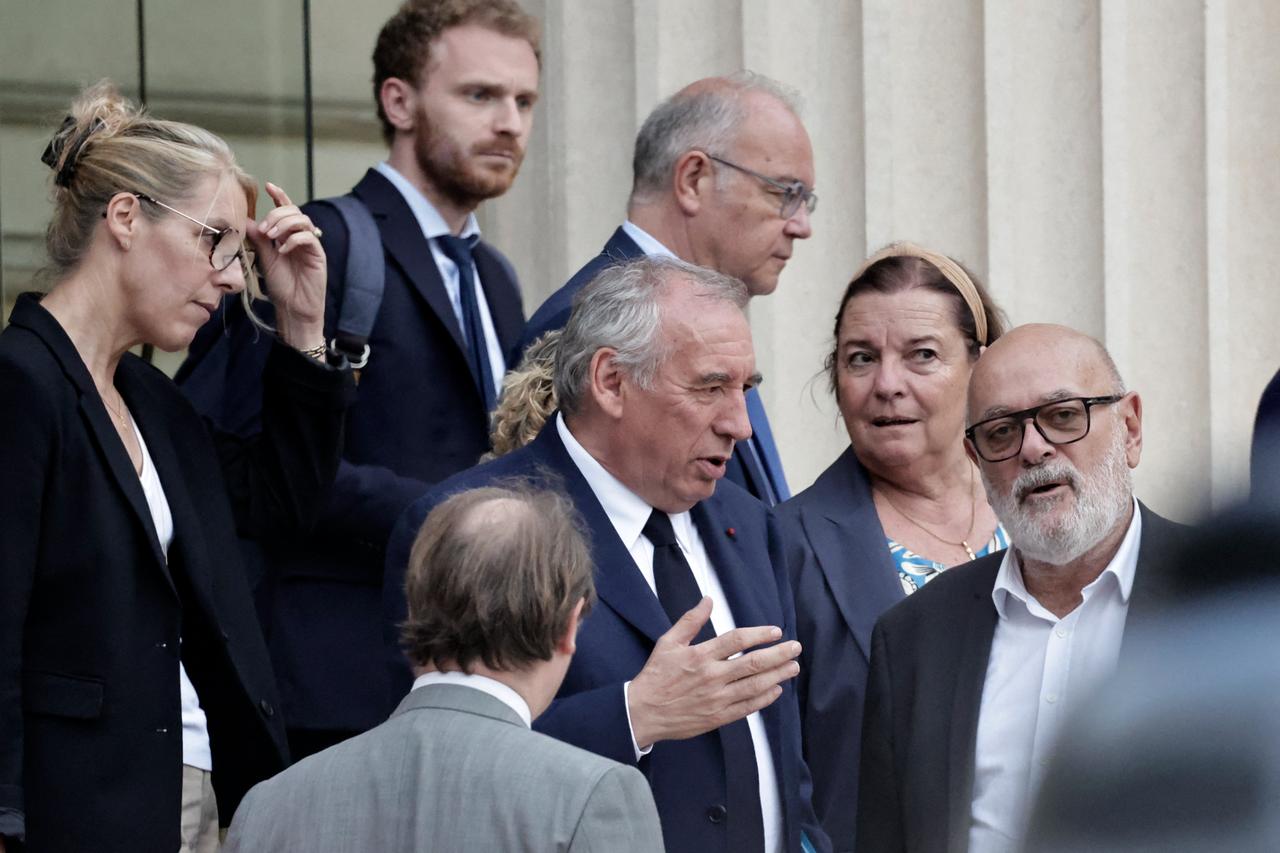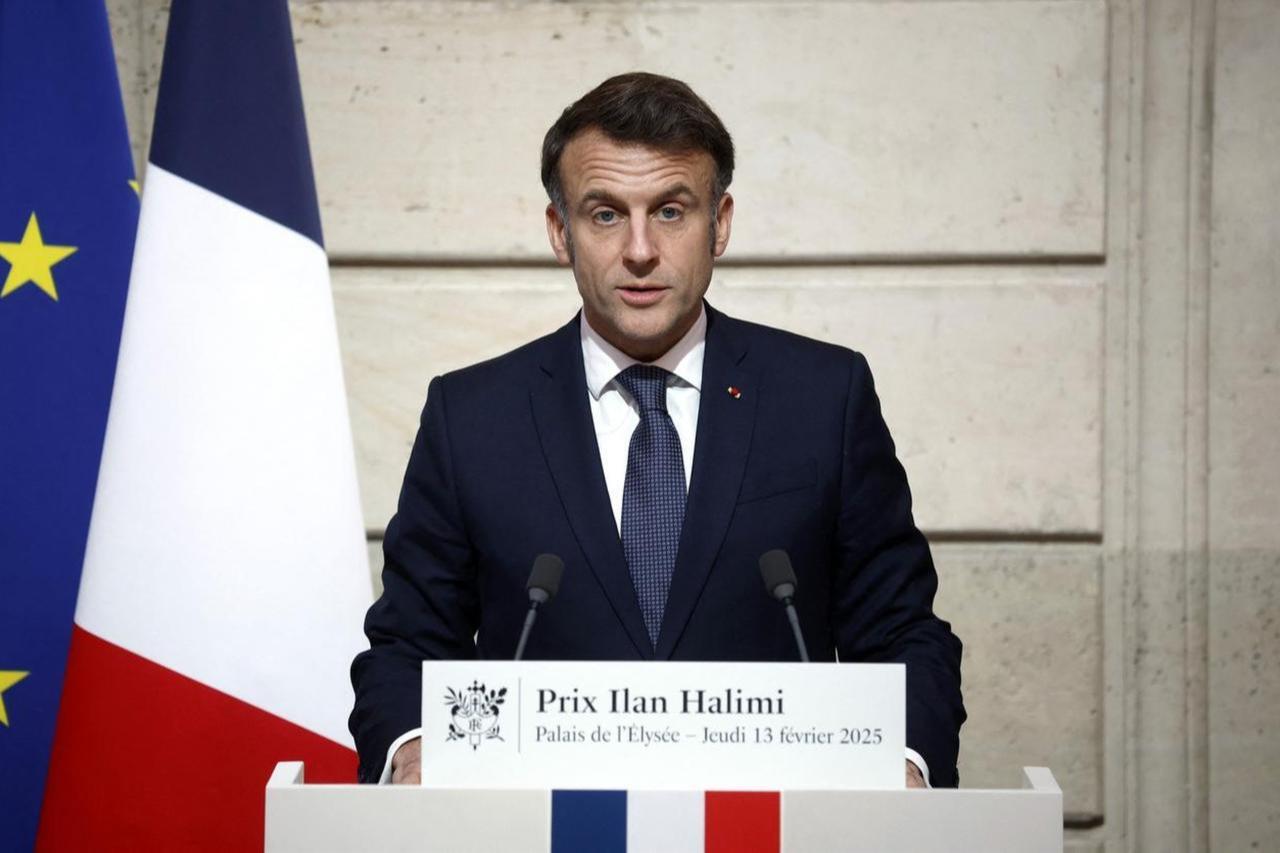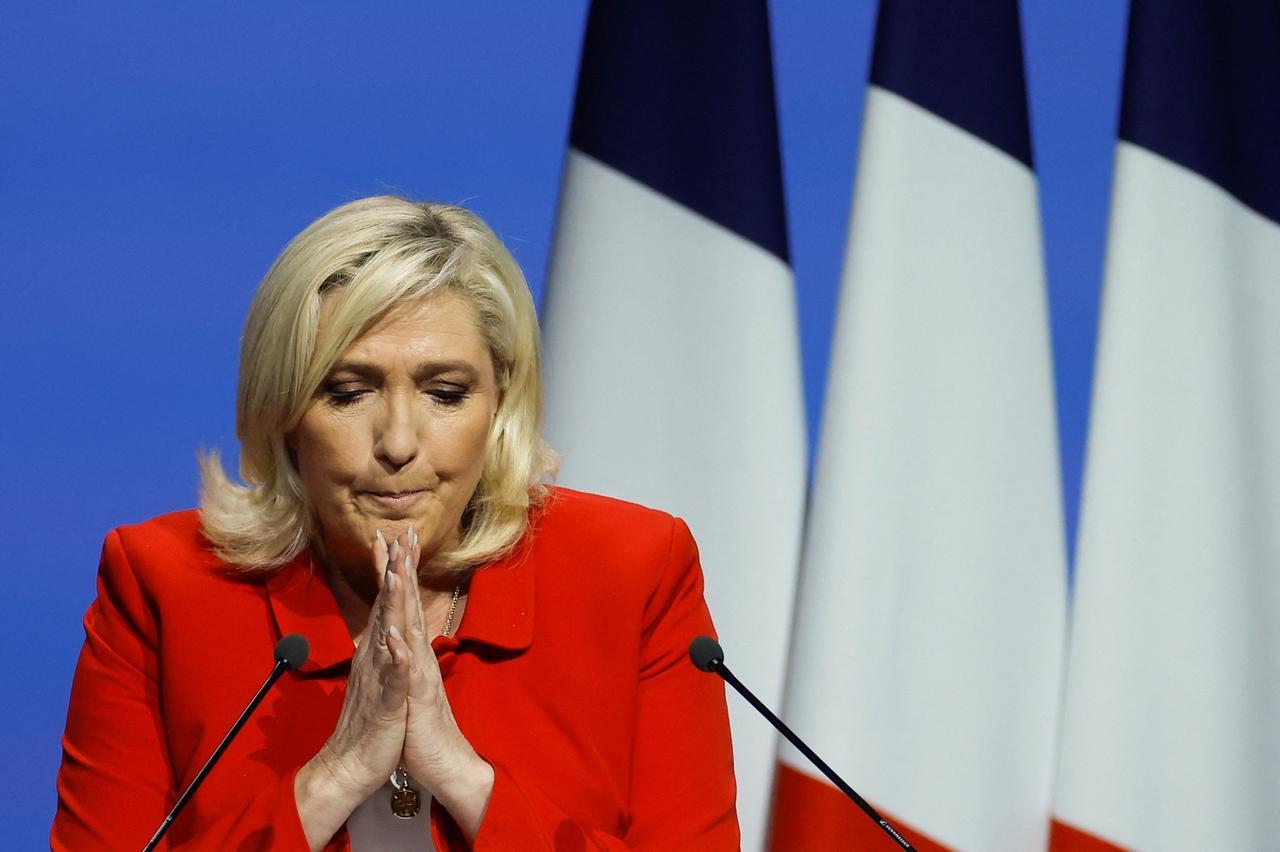
France plunged into fresh political turmoil Monday as lawmakers voted to oust Prime Minister Francois Bayrou's government, marking the first time in modern French history a premier has fallen through a confidence vote rather than a no-confidence motion.
The National Assembly delivered a crushing blow to Bayrou's nine-month-old administration, with 364 deputies voting against the government and only 194 expressing confidence. The vote came after Bayrou had surprised even his allies by calling for a confidence vote to break an impasse over his controversial austerity budget.
"In line with article 50 of the constitution, the prime minister must submit the resignation of his government," National Assembly Speaker Yael Braun-Pivet announced following the vote. Bayrou is expected to formally resign Tuesday morning, according to a person close to him who requested anonymity.
The proposed budget at the center of the crisis calls for nearly 44 billion euros ($52 billion) in cost savings aimed at reducing France's mounting debt burden. Bayrou had described the country's financial situation as "life-threatening" and defended his high-stakes gamble in his final address to parliament.
"The biggest risk was not to take one, to let things continue without anything changing... and have business as usual," Bayrou told lawmakers before the vote. He warned legislators: "You have the power to overthrow the government" but not "to erase reality."

Bayrou becomes the sixth prime minister to serve under President Emmanuel Macron since his 2017 election, and the fifth since 2022. His departure leaves Macron grappling with a domestic crisis as he simultaneously leads European diplomatic efforts on the Ukraine conflict.
The president now confronts one of his presidency's most critical decisions: appointing a seventh prime minister to seek parliamentary compromise or calling snap elections to potentially secure a more cooperative legislature. However, there is no guarantee new elections would improve Macron's centrist bloc's parliamentary position.
Public sentiment toward the president has soured dramatically. An Odoxa-Backbone poll for Le Figaro newspaper found 64 percent of French citizens want Macron to resign rather than name another prime minister—a move he has ruled out. Separately, an Ifop poll for Ouest-France daily showed 77 percent disapproval of his performance, marking his worst-ever rating.

The political upheaval coincides with mounting social unrest. A left-wing collective called "Block Everything" has organized protests for Wednesday, while trade unions have called for strikes on September 18.
The crisis occurs as France's 2027 presidential election landscape remains fluid, with analysts suggesting the far-right National Rally may have its strongest opportunity yet to capture the presidency.
National Rally leader Marine Le Pen, a three-time presidential candidate, faces her own political challenges following a March conviction for an EU parliament fake jobs scheme. She received a four-year sentence—two years suspended—plus a 100,000-euro fine and a five-year ban from holding office that would prevent her 2027 candidacy.
However, Le Pen received potentially crucial news Monday when a Paris court scheduled her appeal hearing from January 13 to February 12, 2026—well ahead of the presidential election. A successful appeal could resurrect her political ambitions.
Following Bayrou's defeat, Le Pen urged Macron to call snap legislative elections, telling cheering lawmakers that new polls represent "not an option but an obligation." She dismissed Bayrou's administration as a "phantom government."
Macron, constitutionally barred from seeking a third term in 2027, must now navigate the immediate challenge of forming a viable government while his approval ratings remain at historic lows.